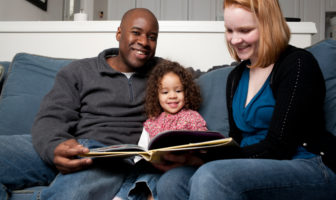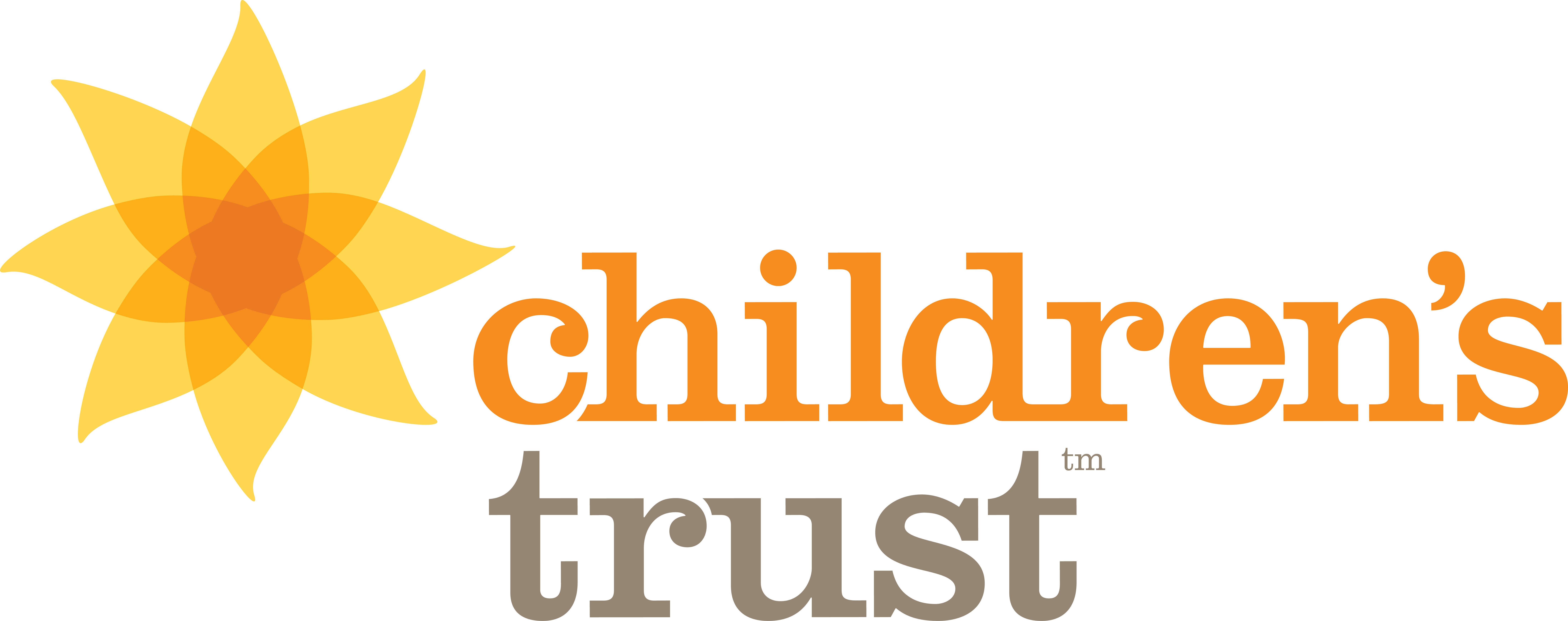Check out this list of favorite books for Black History Month (and anytime!) from Reading Rockets. Some describe different histories while others show the joys and challenges that are shared by all children as they learn and grow.

Prioritizing Your Child’s Mental Health
As mental health has become progressively destigmatized, it enters the conversation around parenting more and more often. Most parents know to take their kids to get an annual check-up at their pediatrician to make sure that their bodies are well and functioning, but what are we doing to take care of our children’s minds?
Mental health does not discriminate by age, children as young as 3 years old can be dealing with chronic depression. Our children may lead very different lives than we do, but they still face pressures such as starting school, trying to fit in with their peers, and trying to live up to their parents’ expectations, all of which only aggregate mental health issues. Although we would like to believe that our children are happy and naive to the stressors of the world, at least well into their teenage years, it is simply not realistic.
So what can you, as a parent or caretaker, do about it?
Foster Open Communication
How you communicate with your child begins the moment they utter their first words. A quote from Catherine M. Wallace perfectly depicts why open, honest, and earnest conversation with your child is so important: “Listen earnestly to anything your children want to tell you, no matter what. If you don’t listen eagerly to the little stuff when they are little, they won’t tell you the big stuff when they are big because, to them, all of it has always been big stuff.”
Allowing for open communication between you and your child from an early age, sets the precedence for when they grow older. Coming forward with mental health issues is even difficult for adults, imagine just how challenging it must be for a young child to try to communicate something that they don’t even have the proper language for yet. Tell your children that they can tell you anything. Mean it. Communication is the bridge that allows your child to give you a peek into their mind, help them build it.
Check-In
You may be thinking, “oh I already do this one, I see my kid every day, why would I have to check-in with them.” There is a difference between asking your child how school was and asking them how they are feeling. Making emotions a part of your regular conversation makes it quickly accessible language for your child. Help them understand and identify emotions that they may be feeling, so that they are more readily prepared to share them with you. A tool for teaching this to younger children can be making a feelings chart and have your child move a magnetic button to what emotion(s) they are feeling that day. You can find one online or make your own.
Take Them Seriously
Most people can think back to a time when they were younger and they were dismissed by someone older who told them that they were “too young” to understand something. Belittling emotions that a child feels does not make them go away, it just discourages them from sharing them with you in the future. It is a mistake to underestimate the minds of children, and the long-lasting impact of our words and actions. Don’t miss the signs early on because you didn’t think your child was old enough to feel a certain way. Explore any concerning information your child shares with you instead of dismissing it; dig deeper and you may be surprised at what you find, and grateful that you did then.
Read the Signs
Not everyone expresses their mental health struggles the same way, but there are certain signs that should raise a red flag that something in your child’s life is not okay. The Mayo Clinic provides some warning signs that your child may have a mental health condition to include: mood changes, intense feelings, difficulty concentrating, and behavior changes. To read the full list, click here.
Navigating mental health issues is a difficult journey, make sure that your child knows that they are not on it alone.
For resources in your area and more information on mental health in children, check out the U.S. Department of Health and Human Service’s Office of Adoloescent Health.




